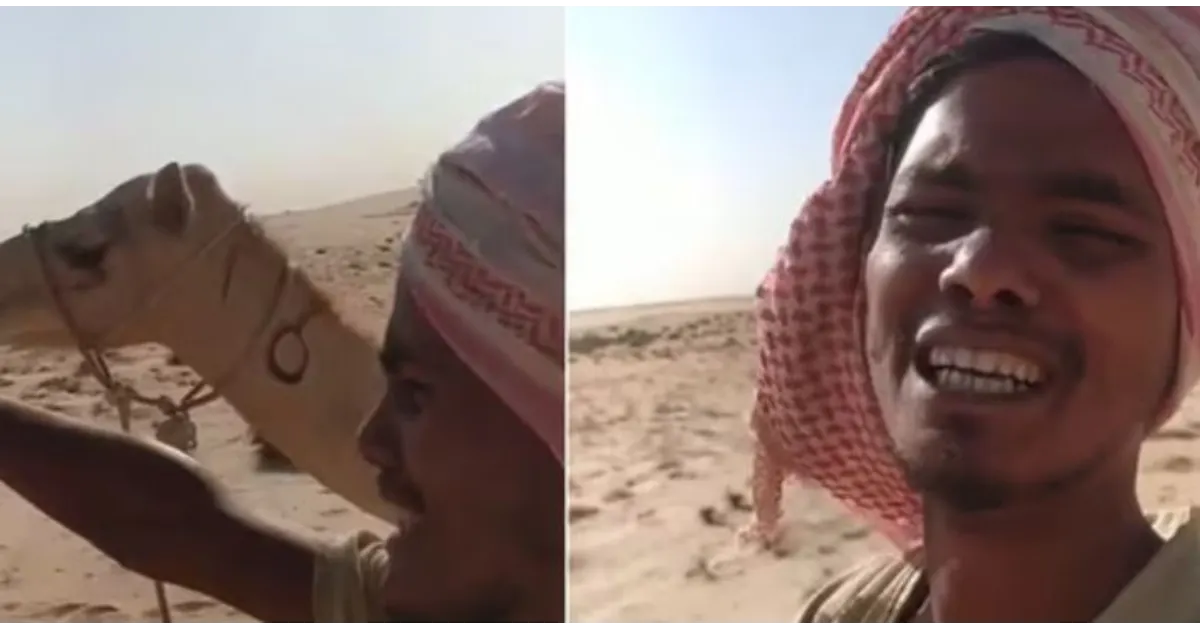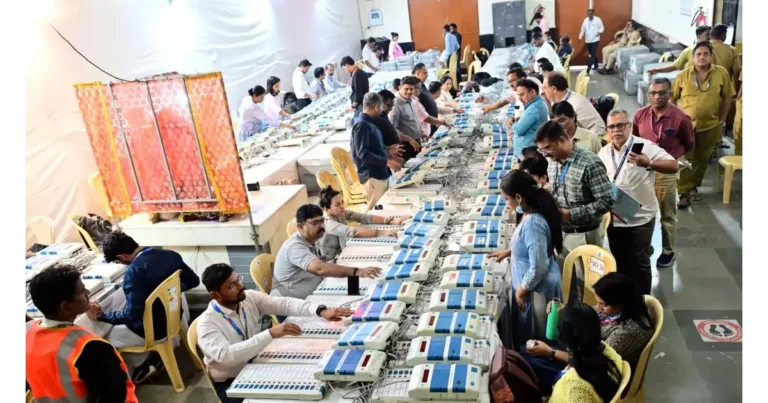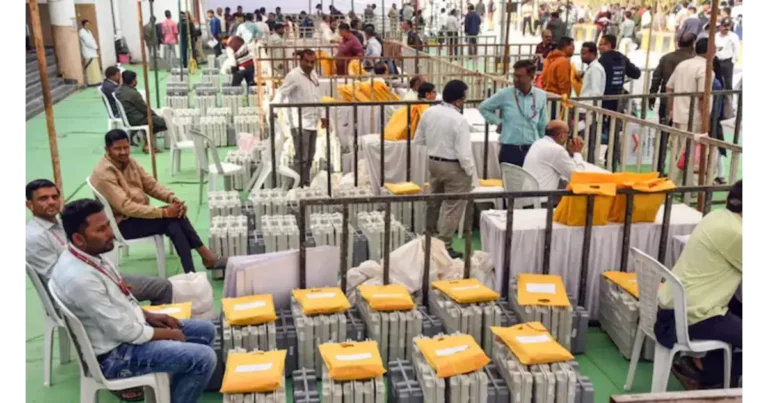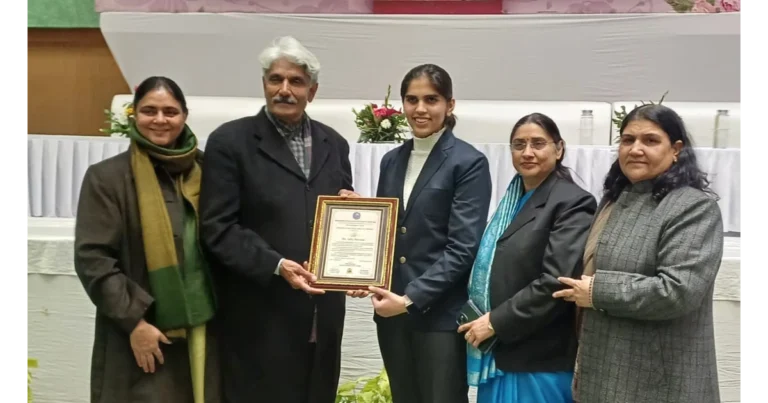
Viral Video Triggers Urgent Diplomatic Response
New Delhi: A heartbreaking video of an Indian worker allegedly trapped in Saudi Arabia has gone viral, drawing swift attention from both the public and the Indian Embassy in Riyadh. The man, identified as a resident of Handia in Prayagraj district of Uttar Pradesh, appears visibly distressed in the clip, claiming that his employer—known only as “Kapil”—has seized his passport and is threatening his life.
Worker’s Desperate Call for Help
In the video, the man pleads directly to Prime Minister Narendra Modi, saying, “Please help me, I will die.” He also appeals to External Affairs Minister S. Jaishankar for urgent intervention. A caption accompanying the video read, “Honourable Foreign Minister, please take immediate cognisance. A resident of Handia, Pratappur in Prayagraj, is stranded in Saudi Arabia.” The man explains that his passport has been taken and that every attempt to return home has been met with violent threats. His emotional statement, “I want to go to my mother,” underscores his despair and longing for safety.
Social Media Amplifies the Cry for Help
As the man urges people to share his plea widely, the video spread rapidly across multiple platforms, with users tagging officials and ministries in hopes of speeding up his rescue. “Share this video so much that, with your support from India, I can get help and come back home,” he implores viewers.
Indian Embassy Responds Swiftly
Within hours of the video going viral, the Indian Embassy in Riyadh issued an official response on X (formerly Twitter). “The Embassy has been trying to locate the person. No further action can be taken as the video does not contain any details about the location, province, contact number, or employer details,” the Embassy stated. The mission confirmed that efforts were underway to trace the man and ensure his safety.
Broader Context: End of Saudi Arabia’s Kafala System
This incident comes shortly after Saudi Arabia announced the abolition of its long-criticized kafala or sponsorship system—a decades-old labor structure that often left migrant workers vulnerable to abuse. Introduced in the 1950s, the kafala system required all foreign employees to be tied to a local sponsor, or kafeel, who held power over their job, movement, and ability to exit the country. Under this framework, employers could confiscate passports and restrict workers’ rights, practices condemned by human rights groups as forms of modern slavery.
A Step Toward Reform Under Vision 2030
As part of Crown Prince Mohammed bin Salman’s ambitious Vision 2030 reforms, Saudi Arabia’s decision to dismantle the kafala system is seen as a significant stride toward labor rights reform. The change is expected to benefit nearly 13 million migrant workers—including approximately 2.5 million Indians—by granting them more freedom to change jobs, leave the country, and work without fear of exploitation.
Hope for Rescue and Reform
While the viral video underscores the continued risks faced by some migrant workers despite new reforms, it has also highlighted the growing power of digital media in prompting diplomatic and humanitarian responses. For the man from Prayagraj, the hope remains that his plea will soon bring him back home safely—and that stories like his will become a thing of the past in a reformed Saudi labor landscape.






